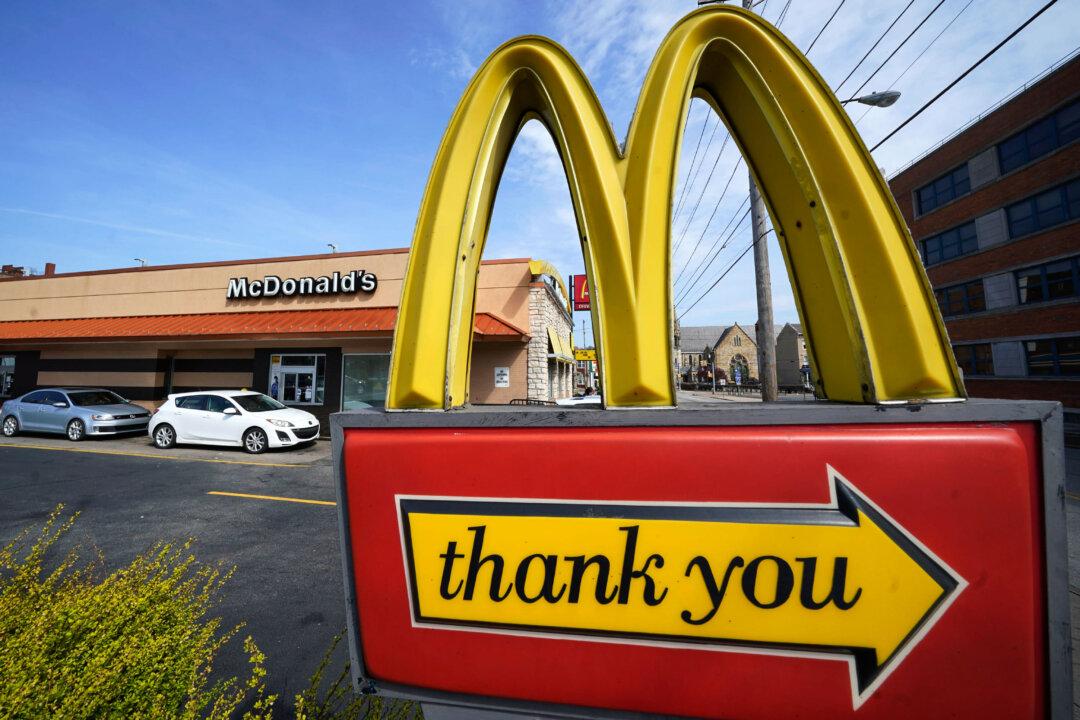Health officials said on Oct. 25 that the E. coli outbreak linked to McDonald’s Quarter Pounders has spread more widely and sickened more people, with 75 illnesses across 13 states, including 22 hospitalizations and one death.
The Centers for Disease Control and Prevention first announced the outbreak on Oct. 22, when it said that initial investigations suggested that slivered onions used in the Quarter Pounder might be the source of the E. coli infections, which at the time numbered 49 across 10 states.





